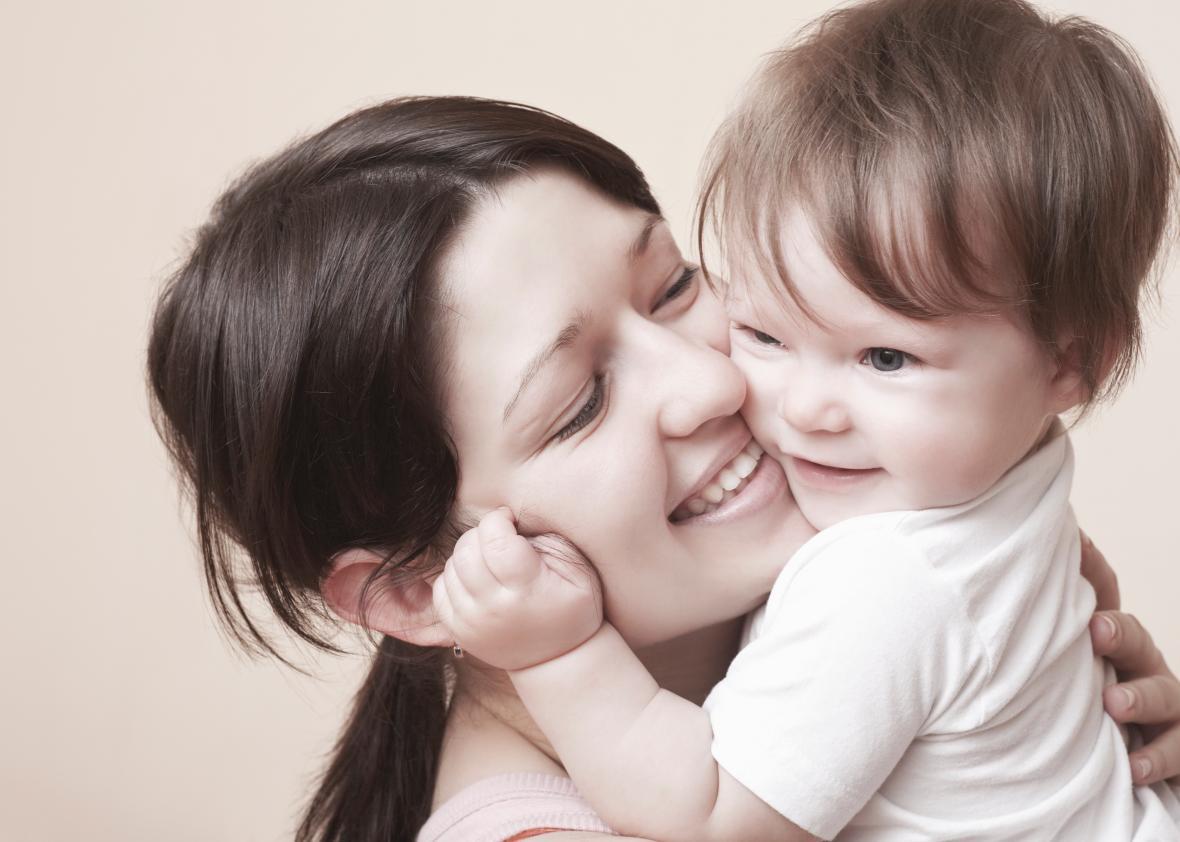In 2012, British Prime Minister David Cameron launched a pilot program offering parenting classes to low-income families. The government anticipated around 20,000 parents of children under five to show up. Fewer than 3,000 did.
Not easily deterred, Cameron recently announced that he’s going to try this again. As part of a £70 million anti-poverty plan centered around providing more emotional support to families, the government is planning to launch another parenting class program—this time inviting middle class families as well as underprivileged ones. Cameron’s goal appears to be helping more parents as well as shedding the stigma that only poor families need such help; he says he wants it to become “normal, even aspirational, to attend parenting classes.”
The government has yet to release any specifics on what exactly they will teach, but if Cameron’s speech last week is any indication, it will be influenced by the work of Jack Shonkoff, director of Harvard University’s Center on the Developing Child. Shonkoff is behind research that demonstrates how young children raised in a hostile or unresponsive environment produce stress hormones that interfere with their brain development. As they grow older, these children tend to have a harder time concentrating, learning, and assessing risk.
There’s never been anything quite as ambitious as what Cameron is proposing in the United States, but these sorts of early childhood interventions are not uncommon here. The oft-praised Harlem Children’s Zone’s “Baby College,” a program geared toward parents of young children, relies on much of the same thinking as what Cameron is proposing: teaching parents how to talk to and stimulate their children as well as giving parents a chance to share their personal experiences and hear from one another. HCZ says that the children of parents who used this program are better positioned to succeed in school; for example, 81 percent of these parents report that they read to their children more often. The Children’s Learning Institute at the University of Texas offers a similar program and researchers have found significant increases in the attending mothers’ emotional and cognitive responsiveness to their children.
A 2015 report from the American Institutes for Research explained that even though we are lacking “rigorous” analysis of such programs, the evidence so far suggests that they can be effective in contributing to the “positive development and well-being of children.” Nevertheless, the U.S. has little going on in the way of public-funded programming aimed at early childhood intervention. It’s hard to imagine a program like Cameron’s gaining traction in America—another reminder of how the consensus among even conservative Europeans lies to the left what seems politically feasible here.
